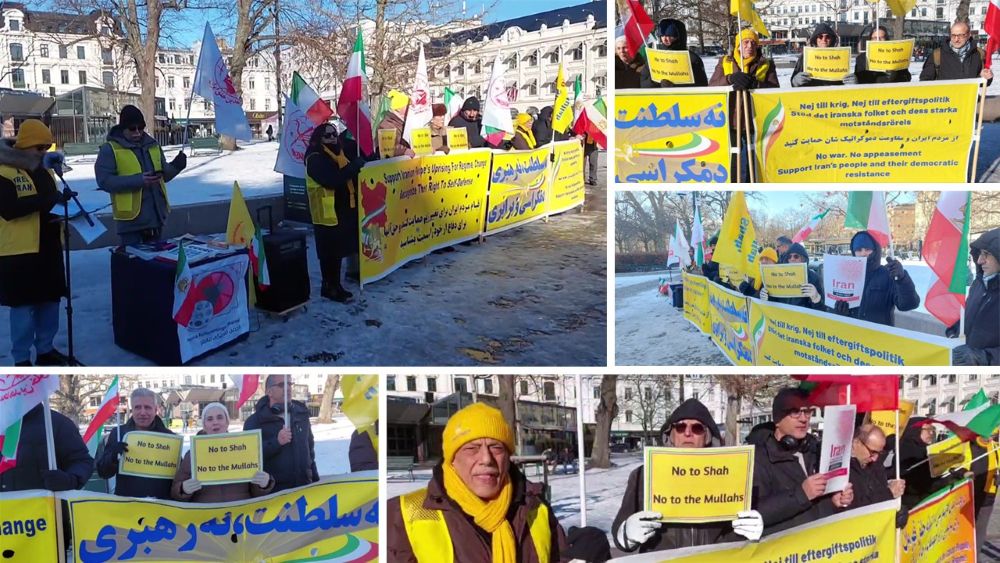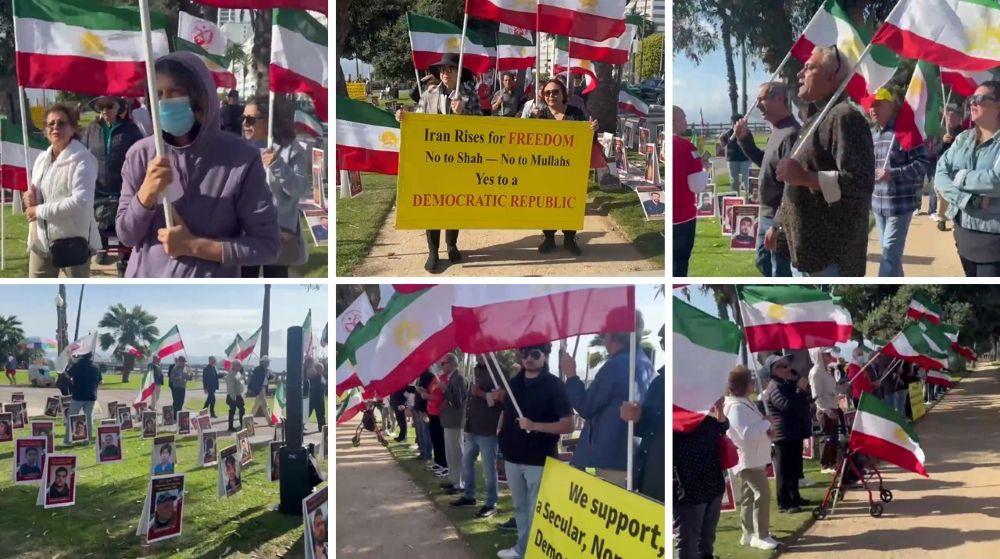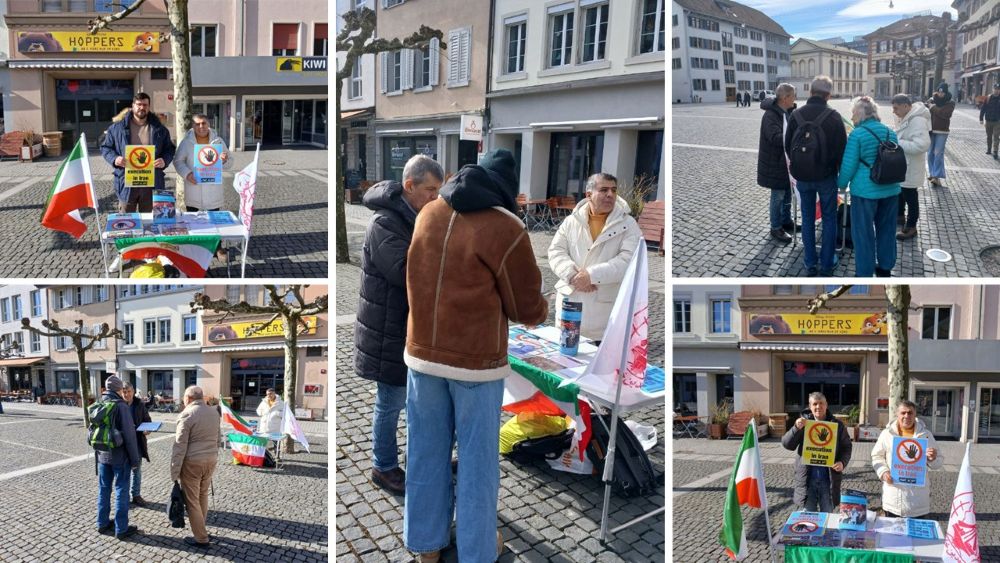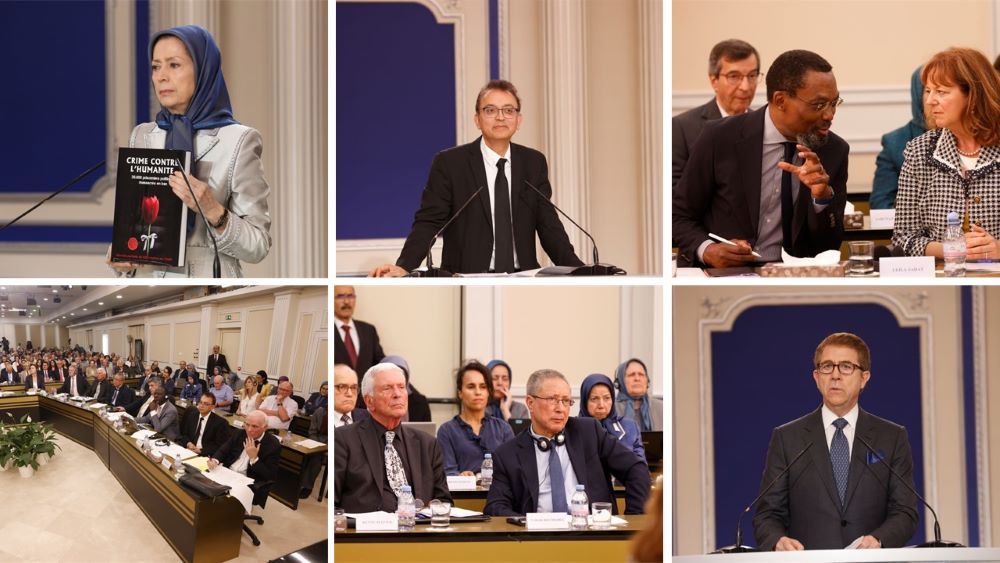
On August 24, 2024, a conference titled “Iran: Crimes Against Humanity, Time for Accountability and Ending Impunity” was held to discuss the atrocity crimes committed during the 1988 massacre of political prisoners in Iran, particularly the genocide against the People’s Mojahedin Organization of Iran (PMOI).
The event focused on the need for accountability and ending impunity for the perpetrators, in accordance with international laws and treaties.
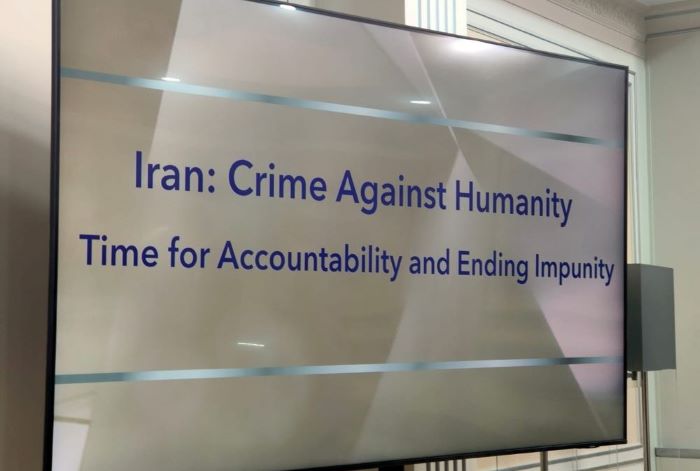
Distinguished Participants
The conference featured an impressive lineup of international experts, including:
Professor Chile Eboe-Osuji, former President of the International Criminal Court (ICC)
Professor Leila Sadat, former Special Adviser on Crimes Against Humanity to the ICC Prosecutor
Professor William Schabas, renowned scholar on genocide
Professor Javaid Rehman, former UN Special Rapporteur on human rights in Iran
Professor Herta Däubler-Gmelin, former Minister of Justice, Germany
Professor Wolfgang Schomburg, former Judge, UN International Criminal Tribunals for Yugoslavia and Rwanda
Dr. Mark Ellis, Executive Director, International Bar Association (IBA)
Professor Claudio Grossman, Special Adviser to the ICC Prosecutor, Member, UN International Law Commission
Clément N. Voule, UN Special Rapporteur on the Rights to Freedom of Peaceful Assembly and of Association
Professor Jeremy Sarkin, former Chair-Rapporteur and Member of the UN Working Group on Enforced or Involuntary Disappearances
Steven Schneebaum, Adjunct Professor, School of Advanced International Studies, Johns Hopkins University
Tahar Boumedra, President of JVMI; former Head of the UN Human Rights Office in Iraq
Kenneth Lewis, Lawyer for the PMOI in the Swedish trial of Hamid Noury
Gilles Paruelle, Lawyer, International Criminal Tribunal for Rwanda, former president of Val d’Oise Province Bar Association
Ambassador Lincoln P. Bloomfield Jr., former US Assistant Secretary of State for Political-Military Affairs
In their remarks, the speakers underscored the fundamental and universal rights of the Iranian people and the crimes that have shocked humanity.
Key Points Discussed
Professor Javaid Rehman’s Remarks
Prof. Rehman emphasized that the majority of those executed were PMOI members and sympathizers. He argued that the case for genocide against the PMOI is based on the perpetrators’ perception of the group as “hypocrites” who had deserted Islam.
Legal Perspectives
Professor Steven Schneebaum addressed the ongoing sham trial in Tehran against 104 Iranian Resistance leaders and members. He urged that any Interpol red notices requested by Iran should be rejected or ignored by other countries.
Western Media and Misinformation
Ambassador Lincoln Bloomfield highlighted the issue of false portrayals of Iran and its resistance in Western media, cautioning against narratives that may be influenced by Iranian intelligence.
Maryam Rajavi’s Address
NCRI President-elect Mrs. Maryam Rajavi praised Professor Rehman’s report as an appropriate definition of atrocity crimes and genocide. She called for an expansion of the campaign against executions and reiterated the resistance’s commitment to abolishing the death penalty in a future democratic Iran.
One of the most horrific instances of #HumanRights violations by the Iranian regime is the massacre of 30,000 political prisoners in 1988, with 90% of the victims being members of the PMOI. This book contains the names of 5,000 PMOI prisoners massacred in 1988. The… pic.twitter.com/z9YbzqQKoC
— Maryam Rajavi (@Maryam_Rajavi) August 24, 2024
The conference served to commemorate the victims of the 1988 massacre while emphasizing the ongoing struggle for justice and human rights in Iran.

